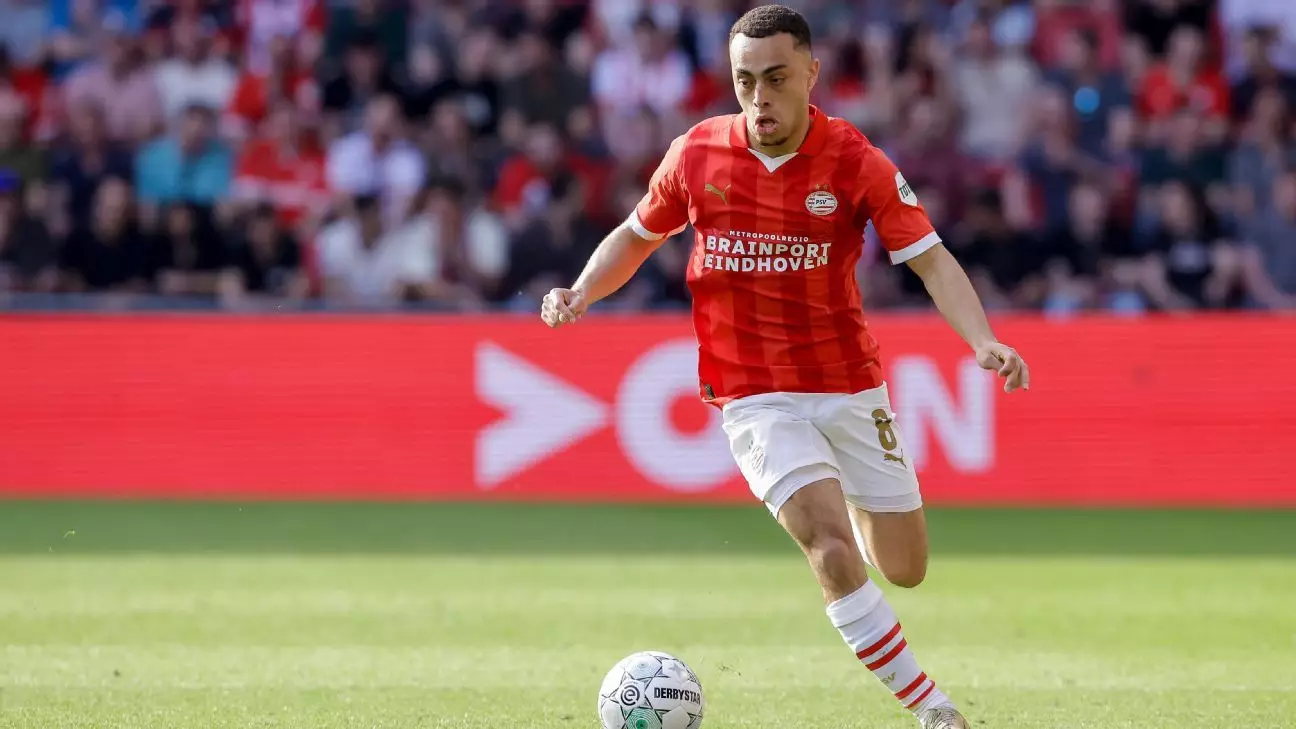The announcement of the United States men’s national soccer team (USMNT) roster by head coach Mauricio Pochettino sends ripples through both the sports community and the players’ future expectations. Fielding a 27-player lineup for upcoming friendlies against Turkey and Switzerland, the roster’s most striking aspect is not the names included but rather the notable omissions—high-profile players such as Christian Pulisic, Weston McKennie, Timothy Weah, Giovanni Reyna, Antonee Robinson, and Yunus Musah will not be participating. This significant turnover has implications that extend beyond the immediate matches, affecting team chemistry ahead of the crucial Gold Cup and the ultimate goal: the 2026 FIFA World Cup.
Pulisic’s absence deserves particular attention. The Chelsea forward, exhausted from an intense European season where he logged over 3,500 minutes, is taking much-needed time off to recover from various injuries that have dogged him throughout the year, particularly his chronic hip flexor issue. This decision reflects a broader trend in sports management, prioritizing athlete longevity and mental health over immediate competitions. Robinson finds himself in a similar situation, having played extensively for Fulham, which raises a crucial question: Are players being overburdened by club commitments, especially when they play for their national teams?
Emerging Talents and the Need for Adaptation
The absence of established players creates a seismic shift in team dynamics, but it also presents a unique opportunity for a younger generation of players to step into the limelight. The current roster includes 12 players with fewer than five international caps and five entirely uncapped players, highlighting an urgent need to bolster the pipeline of talent for the USMNT. This influx of fresh faces indicates a willingness by Pochettino to explore the potential of new talent while also emphasizing the importance of depth in the squad.
This strategy aligns with the philosophy of long-term player development. The upcoming friendlies against technically adept teams like Turkey and Switzerland will offer an invaluable platform for these emerging players to gain experience against challenging opponents. The dire situation of missing star players might catalyze a more competitive and rigorous training atmosphere, forcing these less experienced players to adapt quickly and prove their mettle on such a large stage.
It’s also noteworthy that McKennie, Weah, and Reyna are occupied with their respective clubs in the Club World Cup, raising critical discussions about the relationship between clubs and national teams. As athletes juggle intense schedules, the need for collaboration and understanding among clubs, national federations, and players becomes paramount. Will this situation provoke further dialogue on managing player workloads and international duty, especially in a world that demands more from its athletes than ever?
The Importance of Creating Chemistry Before the World Cup
For Pochettino, who has been at the helm since September, the void left by these absences is troubling as the Gold Cup serves as the final competitive preparation before the World Cup. The U.S. team is set to convene in Chicago, a crucial time for the coach to instill his tactical vision. It’s imperative that this new squad forms an effective unit and attains a cohesive style of play before facing Trinidad and Tobago, Saudi Arabia, and Haiti in the Gold Cup group stage.
Pochettino’s quoted intention to utilize every training moment suggests awareness of this urgency. However, the lack of time with core players complicates his preparations. The challenge now lies in blending experience with youthful exuberance and ensuring that the ethos of the squad remains intact, even with the absence of vital players.
While the presence of seasoned players like Tim Ream, Tyler Adams, and Matt Turner provides some depth and leadership, the team must now navigate a critical juncture. Youngster Sergiño Dest, recovering from a torn ACL, is returning at a pivotal moment, which opens another layer of anticipation regarding how veterans and newcomers will intertwine their strengths.
This unique blend of resilience and naivety can bolster team performance or expose weaknesses—an ideal test for Pochettino’s strategic capabilities leading into competitive matches that could define the future trajectory of US soccer.

